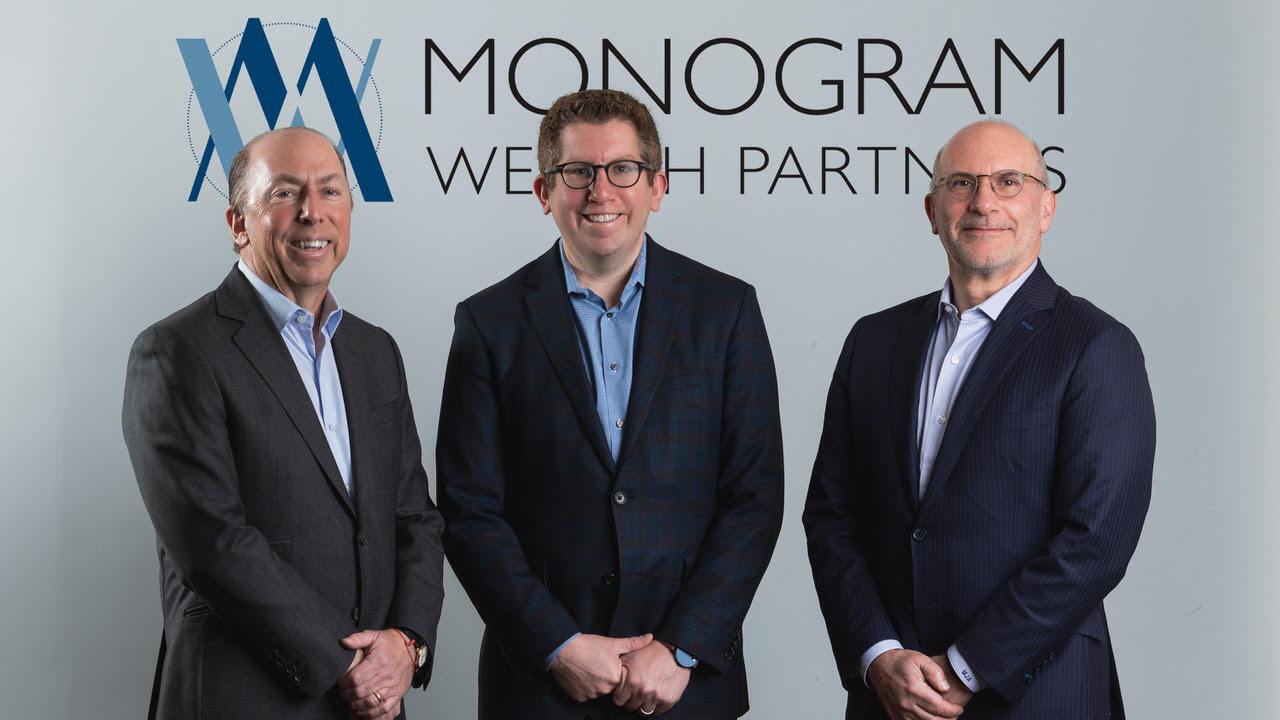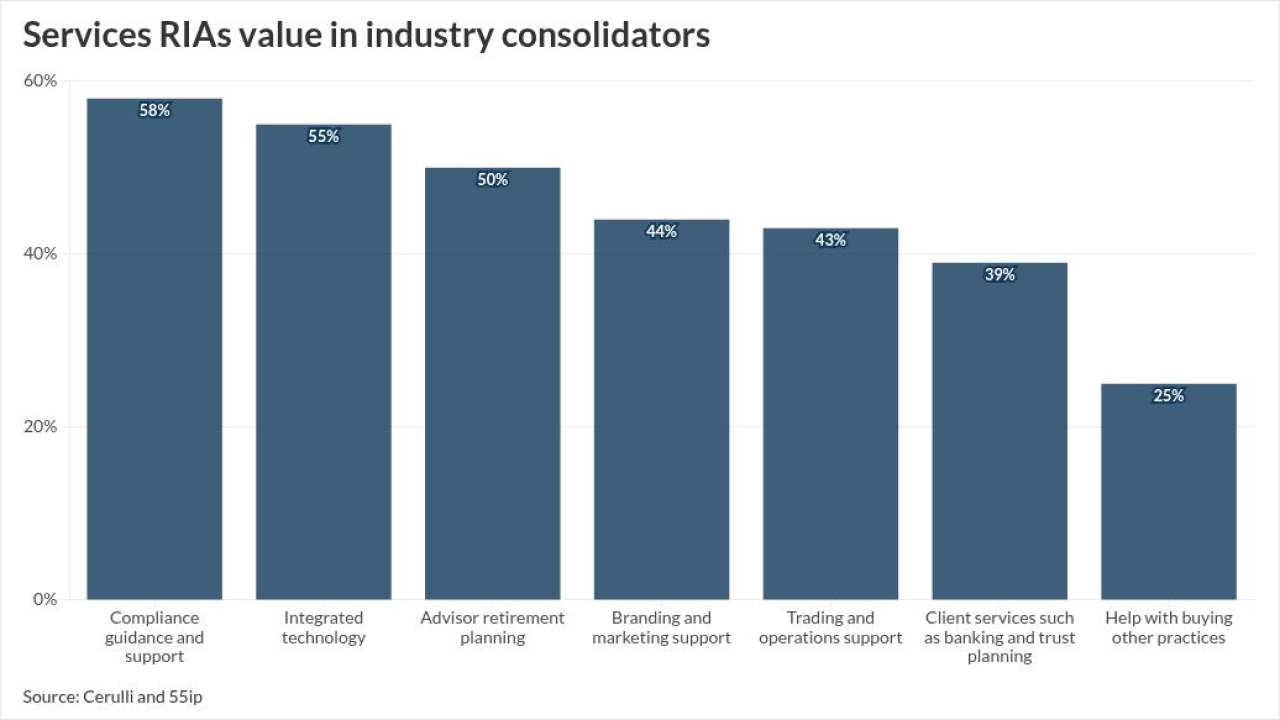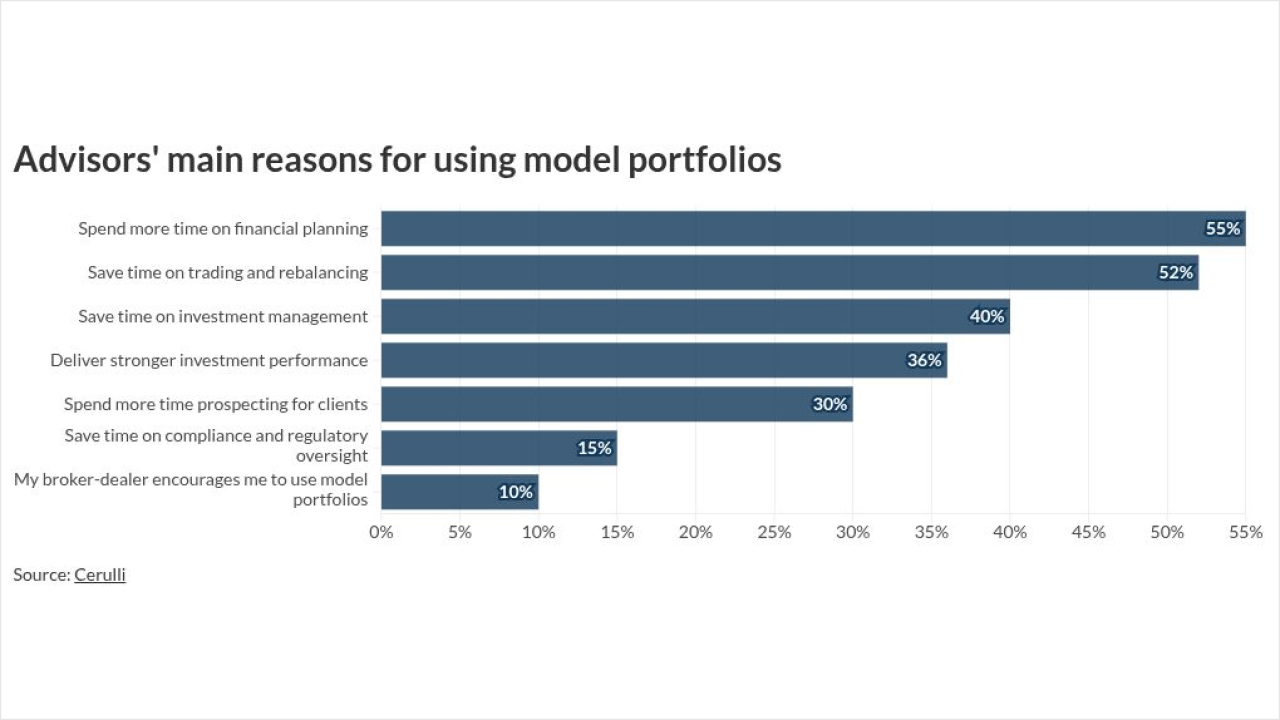The online investment discourse sorely needs qualified financial advisors' voices, and their business stands to benefit from their engagement with prospective clients, experts said.
Today's investors can use assistance navigating readily accessible information and investment technology, said Lule Demmissie, the former U.S. CEO for social trading and investment firm
"What we need to think about when we're advising people is, equip them with a compass rather than a net, and they need to be able to navigate the plethora of information," Demmissie said, noting that she came to the country as an immigrant.
READ MORE:
"Because of capital markets and participation in capital markets, I'm able to sit here and potentially have something that I can pass on to my kids," she added. "That is the promise of America. And the idea that information has to go back into the can is un-American. In my view, what we need to do is make sure … that people are equipped with a compass. And that's true in investing as it is in the general sort of civic life that we're living in."
Part of playing that role entails social posts, blogs or other content that addresses topics that are affecting people right now in a way that they can understand, according to Samantha Russell, the chief evangelist of advisor marketing firm
"So many people want to create content around retirement because they think, 'OK, that's what I'm really helping people to do to — invest for the long haul and create a retirement planning strategy,'" Russell said. "But what is the pain point someone has right now? Retirements are way off in the future, but something like taxes that comes up year after year, we have to deal with them — so, content around the problems people have."

READ MORE:
On the other hand, advisors and other industry professionals may be missing out on
"I do actually think that they're savvier than they get credit for," Guild said. "Our customer base is very good at establishing long term positions and then trading around them with the volatility."
In that vein, technology can serve as "a way to save time and money," rather than a means of "constant engagement," said Sarah Levy, CEO of robo advisor firm
"Too much engagement is not a good thing," said Levy. "One of the things that we sort of stay away from, for example, is red and green, and this always-on desire is something that we try to kind of suppress. And so, when we show you performance, we show you over years, not over minutes or over hours or days."
Most advisors have learned these lessons well, but they may not be aware that prospective clients are looking for more than the "table stakes" of "the technical part of the job" from their planners' online and social footprint, according to Adam Cox, the chief wealth management officer of
"It should be a blend of the technical and the personal side of things, and I think the people that do it really, really well are blending those two together," he said. "You don't have to read them your grocery list every week, but, it's like, how do you let them in a little bit to talk about your family, to talk about your values, your goals, to give them that insight of what it might be like to work with you before they ever meet you?"
READ MORE:
Even a small message from an advisor could make a big difference — even if the client doesn't read the note, according to
"I think there's a lot of pressure advisors feel to become macro economists," he said. "I find, when I get a note from my advisor, sometimes they just cultivated interesting things that other people wrote. They took 20 minutes, had read them themselves, sent some links through. Sometimes I don't even read that email. But I know it's there, and I know that said that my advisor was thinking about me, which means a ton."






